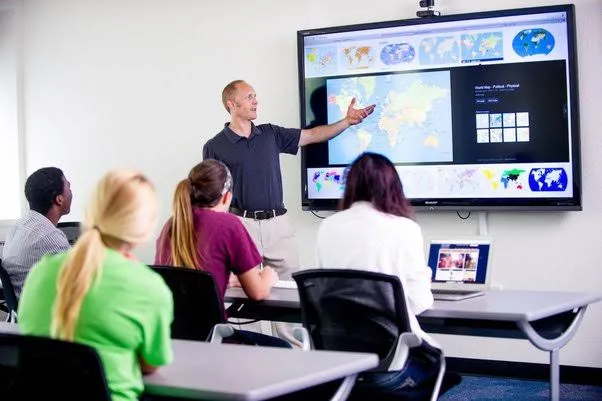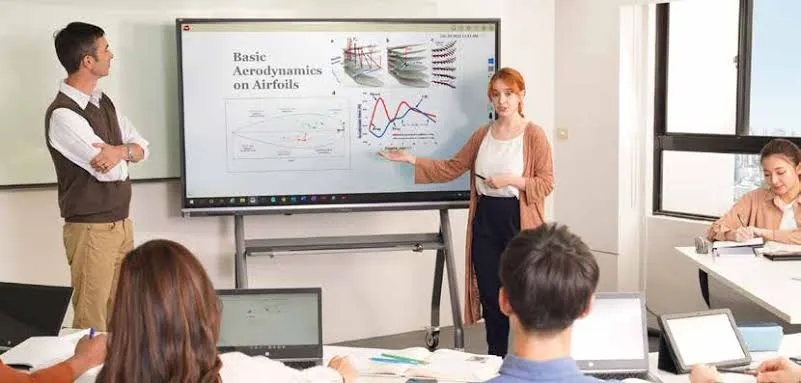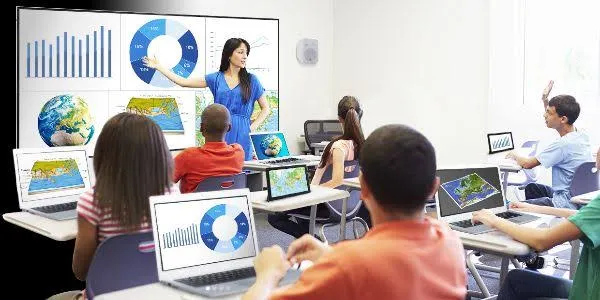
Education is a fundamental pillar of society, serving as the catalyst for personal growth, social progress, and economic development. In the modern era, education has witnessed significant transformations driven by technological advancements, changing societal needs, and a shift in pedagogical approaches. This essay explores the key characteristics and benefits of modern education, highlighting its emphasis on critical thinking, technological integration, personalized learning, and global awareness.
Modern education recognizes the importance of equipping students with critical thinking skills. In an information-driven world, students need to analyze, evaluate, and synthesize complex ideas, enabling them to make informed decisions and solve real-world problems. Instead of rote memorization, modern education encourages students to question, reason, and develop independent thought processes. By fostering critical thinking, modern education empowers individuals to become active participants in society and adapt to the rapidly changing landscape of the 21st century.

Technology has revolutionized every aspect of our lives, and education is no exception. Modern education leverages the power of technology to enhance teaching and learning experiences. From interactive whiteboards and online collaboration tools to educational apps and virtual reality simulations, technology provides students with immersive and engaging learning opportunities. Moreover, technology breaks down geographical barriers, enabling students to access educational resources and connect with experts from around the world. By integrating technology, modern education equips students with digital literacy skills and prepares them for the tech-driven workforce of the future.
One size does not fit all in education, and modern education acknowledges this by embracing personalized learning approaches. Recognizing that students have unique strengths, interests, and learning styles, modern education tailors instruction to individual needs. Adaptive learning software, competency-based assessments, and differentiated instruction allow students to progress at their own pace and explore topics that ignite their curiosity. Personalized learning fosters a sense of ownership and autonomy, nurturing students' intrinsic motivation and love for learning.
In an increasingly interconnected world, modern education places great emphasis on global awareness and cultural competence. Students are encouraged to develop an understanding and appreciation for diverse cultures, perspectives, and global issues. Through international collaborations, virtual exchanges, and multicultural curriculum integration, modern education prepares students to become global citizens. By promoting tolerance, empathy, and cross-cultural communication skills, modern education equips students to navigate the complexities of a multicultural and interconnected world.

Modern education is a dynamic and transformative force that prepares individuals to thrive in the 21st century. By emphasizing critical thinking, integrating technology, promoting personalized learning, and fostering global awareness, modern education equips students with the skills and knowledge they need to succeed in an increasingly complex and interconnected world. As we continue to embrace innovation and adapt to evolving societal needs, it is imperative that we invest in modern education to ensure that future generations are prepared to tackle the challenges and seize the opportunities that lie ahead.
